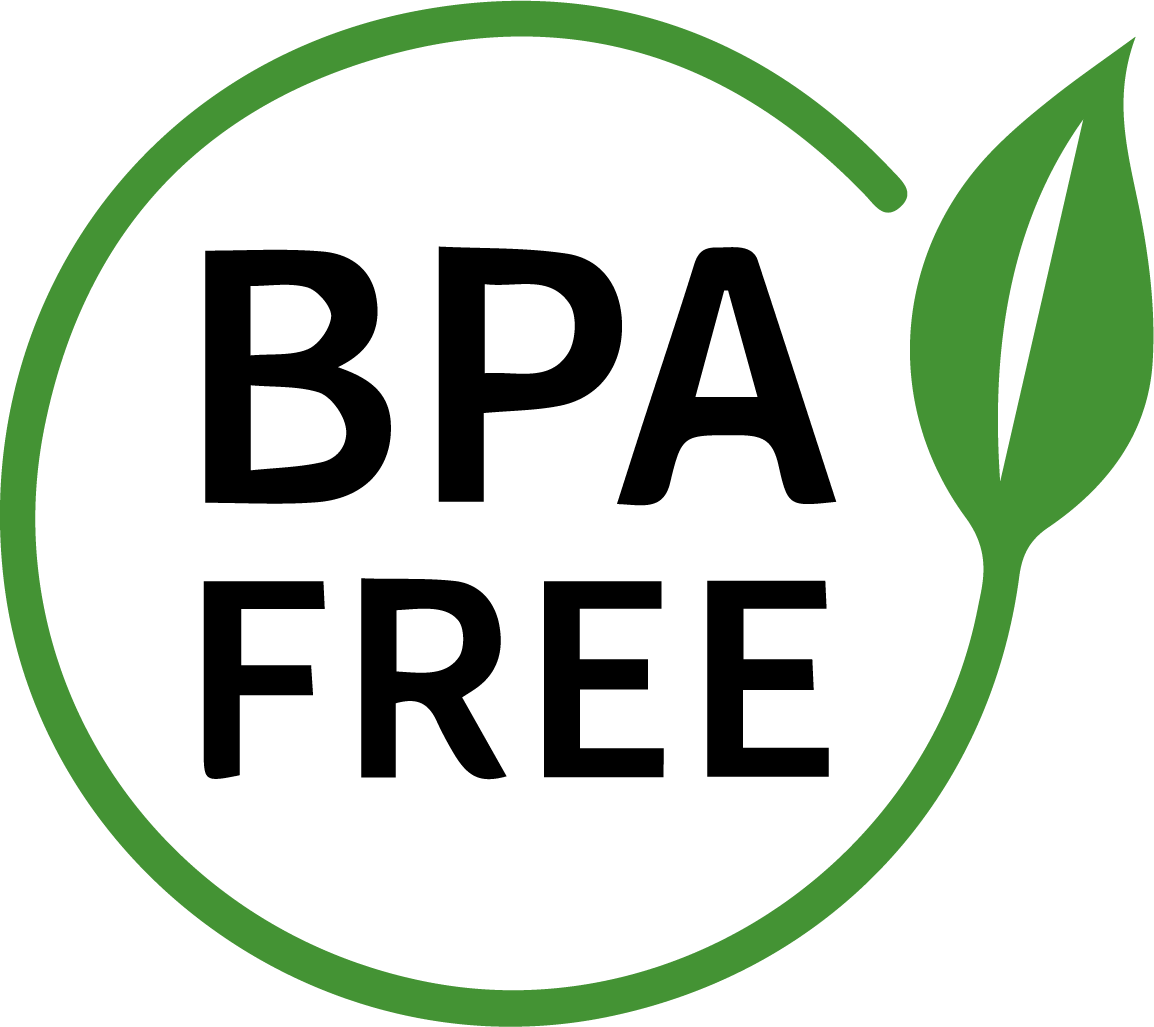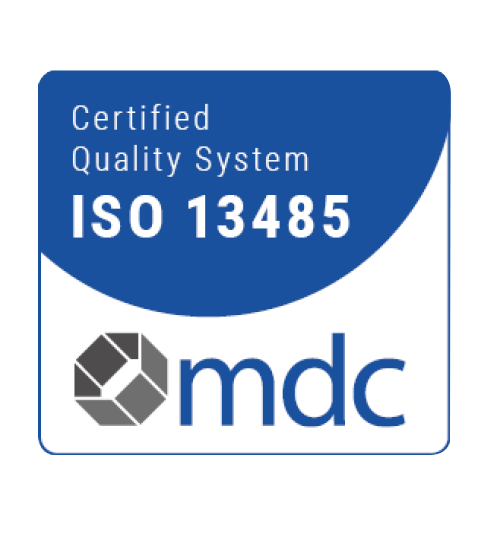The Ultimate Guide to Maintaining Healthy Teeth
A healthy smile reflects overall well-being and confidence, yet dental problems like cavities, gum disease, and bad breath affect millions daily. Beyond just looking good, good oral hygiene boosts self-esteem and prevents serious health issues. Fortunately, maintaining healthy teeth is achievable with a few simple habits anyone can adopt. Daily Oral Hygiene Practices Healthy teeth start with good daily habits. Establishing a consistent oral hygiene routine can significantly reduce the risk of dental issues and maintain a bright smile. Here are the fundamental practices and their benefits explained in detail. Brushing Twice a Day Brushing your teeth twice a day is the cornerstone of dental hygiene. This practice removes food particles and plaque that can lead to cavities and gum disease. Use a toothbrush with soft bristles and a size that fits comfortably in your mouth to reach all areas effectively. Brush for two minutes, ensuring you cover all surfaces, and replace your toothbrush every three months to maintain its effectiveness. Using Fluoride Toothpaste Fluoride toothpaste helps remineralize teeth, repairing minor decay before it becomes a significant issue. Choose a toothpaste with the ADA seal of approval to ensure it meets safety and efficacy standards—regular fluoride toothpaste results in stronger, healthier teeth that are more resistant to decay. Effective Flossing Methods Daily flossing removes plaque and food particles between teeth that a toothbrush can’t reach. Use about 18 inches of floss, gently curving it around each tooth to clean thoroughly. Flossing prevents gum disease and cavities in these hard-to-reach areas. By incorporating flossing into your routine, you maintain healthier gums and reduce the risk of dental problems. Benefits of Using Mouthwash Mouthwash can reach areas where brushing and flossing miss, providing an extra layer of cleanliness. Choose an antibacterial mouthwash to reduce plaque and gingivitis or a fluoride mouthwash for added cavity protection. Mouthwash helps to freshen breath and kill bacteria, promoting overall oral health. Using mouthwash regularly ensures a cleaner mouth and healthier gums. Wearing Your Aligners As Instructed Wearing your aligners as instructed is crucial for achieving optimal results in your orthodontic treatment. Consistency ensures that your teeth gradually shift into their desired positions according to the treatment plan. Following your orthodontist’s guidelines helps minimize treatment duration and ensures your smile transformation progresses smoothly. These daily practices lay a solid foundation for dental health. Brushing, flossing, and rinsing are non-negotiable parts of your daily routine for long-term benefits. Diet and Nutrition for Healthy Teeth Diet plays a significant role in dental health. Your eating affects your teeth and gums, influencing their strength and resilience. Here are some dietary habits and their benefits that can help maintain healthy teeth. Foods That Promote Strong Teeth and Gums Foods rich in calcium, such as dairy products, leafy greens, and almonds, strengthen teeth and bones. Crunchy fruits and vegetables, like apples and carrots, stimulate saliva production, which helps clean teeth naturally. Phosphorus-rich foods, such as meat, fish, and eggs, work with calcium to build strong tooth enamel. Incorporating these foods into your diet promotes overall dental health and reduces the risk of tooth decay The Dangers of Sugary and Acidic Foods and Drinks Sugary and acidic foods and drinks can erode enamel and lead to cavities. Candies, sodas, and citrus fruits are particularly harmful if consumed frequently. Bacteria in your mouth feed on sugar, producing acids that attack tooth enamel. Limiting these foods and rinsing your mouth with water after consuming them can help protect your teeth. Importance of Hydration and Saliva Production Hydration is essential for maintaining healthy saliva levels, neutralizing acids, and washing away food particles. Drinking plenty of water throughout the day keeps your mouth moist and helps prevent dry mouth, which can lead to tooth decay. Saliva contains essential minerals that repair tooth enamel and prevent cavities. Staying hydrated is a simple yet effective way to support your dental health. Essential Vitamins and Minerals for Dental Health Vitamins and minerals like calcium, vitamin D, and phosphorus are crucial for strong teeth. Dairy products, fish, eggs, and leafy greens are excellent sources of these nutrients. Vitamin D helps your body absorb calcium effectively, strengthening bones and teeth. Ensuring your diet includes these vitamins and minerals promotes long-term dental health. Informed dietary choices promote not only dental health but overall wellness. By choosing tooth-friendly foods, you can maintain a healthy smile for years. Your diet significantly impacts your dental health, so make wise choices to support your teeth and gums. Regular Dental Check-ups for Healthy Teeth Professional dental care complements daily routines. Regular check-ups are essential to catch issues early and maintain oral health. Here are the critical aspects of regular dental visits and their benefits. Frequency of Dental Visits and What to Expect Schedule dental check-ups every six months to ensure comprehensive oral care. During these visits, dentists perform thorough exams to detect any issues early. Professional cleanings remove tartar that brushing and flossing can’t reach. Regular visits allow for timely interventions, preventing minor problems from becoming severe. Role of Professional Cleanings Professional cleanings are vital for maintaining oral health. Hygienists use special tools to clean below the gumline, removing tartar and plaque buildup. This process prevents gum disease and cavities that at-home care might miss. Regular cleanings result in healthier gums and teeth, reducing the risk of more serious dental issues. Early Detection and Treatment of Dental Problems Dentists can detect issues like cavities, gum disease, and oral cancer early. Early detection allows for less invasive and more effective treatments. Regular check-ups include exams, cleanings, and sometimes X-rays to provide a comprehensive view of your oral health. Addressing problems as early as possible ensures better outcomes and less discomfort. Importance of Dental X-rays Dental X-rays provide a detailed view of your teeth and jaw, helping detect hidden problems. They reveal issues such as impacted teeth, bone loss, and decay between teeth that aren’t visible during a standard exam. Discuss any concerns with your dentist during these visits to ensure a comprehensive understanding of your oral health. X-rays
The Ultimate Guide to Maintaining Healthy Teeth Read More »







